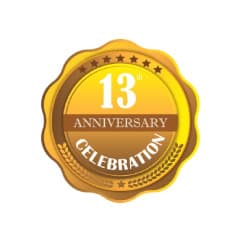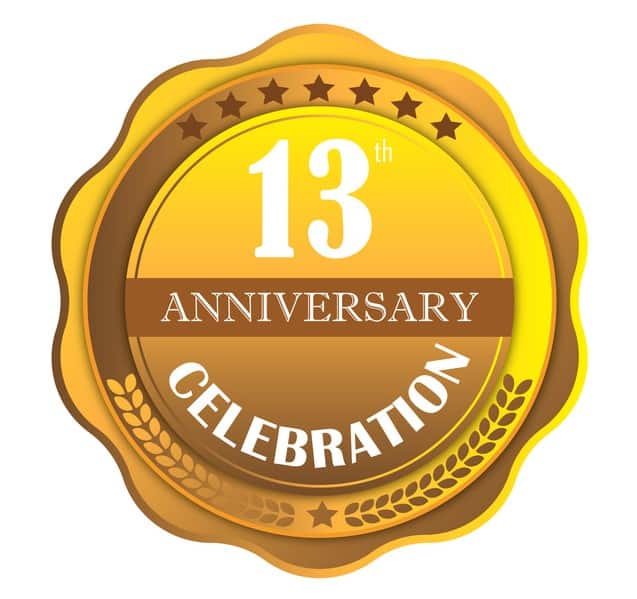I’m going to talk about three kinds of professionals who work with hoarding disorder. They each have a different specialty, and when they work together, the person who hoards (and their family members) get the benefit of a collaborative, team approach to addressing hoarding. As a therapist, I relied on other hoarding professionals to bring their specialization to the process, so I could remain doing what I do best – therapy. I’m sure I could do the other things – I didn’t want to – I wanted to work with a team to support the person who hoarded and their family and friends. It was much less strain on me – my client got a better, fuller treatment plan – and less strain is a good idea in this work of hoarding. Effective, long-term treatment can take years to accomplish, professionals need to have each other in the process to stay with the work and not get burned out.
Mental health professionals – therapists do the work of therapy with clients, processing the trauma and loss experiences, connecting those experiences to the hoarding behaviors, helping change the behaviors and replace them with healthy ways of managing stress, grief, loss, etc. Therapists are the most likely connectors for the client with medical professionals, housing inspectors, and other collaborators in the work. Therapists usually do at least one home visit to get a better sense of the hoarding, and work through the frustrations and bumps along the way.
Professional Organizers, trained in Hoarding Disorder – professional organizers are able to work in homes at levels 1-3. They make sense of the disorganization and help to create space in the home. Professional organizers often work closely with therapists to communicate what they notice as they work in the home with the client. Professional organizers can provide organizing help in levels 4-5 when the cleaning companies have created safety for people to be in the home. You can find hoarding certified professional organizers in the following organizations: Institute of Challenging Disorganization – challengingdisorganization.org and National Association of Productivity and Organizing Professionals – napo.net. Don’t let their overly long and disconcerting organization names frighten you – they are helpful people at making sense of your stuff.
Bio-Hazard Cleaning Companies – There are a lot of companies that can clean bio-hazard materials. A hoarded home that has such materials will definitely benefit by the experience of these companies. However, if you want to benefit the person who hoards, you’ll want to identify a cleaning company that has been trained specifically on hoarding disorder and the how’s and why’s of the behaviors. I have worked with SceneClean for years – I’ve trained their staff – I know what it is that they know and how they understand people who hoard. I recommend them. If you’re not in MN, ask the companies you talk with what their training on hoarding has been. Some companies have had training – I’ve trained them J. If they haven’t had the training, ask how they work with people who hoard and their families. If you hear compassion and an ability to understand, give them a try. Perhaps you can educate them a bit along the way.
There are other professionals who work with hoarding – perhaps not as their only concern – but it takes a lot to clean out a home, or put a harm reduction plan in place. There may be repairs to be made, parts of flooring or walls that need to be replaced, legal issues, etc. The Hoarding Handbook by Bratiotis, et. al, can be a good resource. Find out if there is a hoarding task force in your area – Minnesota’s task force can be found on Facebook or their website www.mnhtf.org. Task forces’ main goal is to provide hoarding disorder resources for individuals, families, and communities – including professionals who provide services, support groups, and other resources helpful to addressing this issue. It will likely take some time on your part to find the resources you need – keep at it! There is help out there!
Janet Yeats is a marriage and family therapist and writer who specializes in issues of trauma, grief and loss. Janet consults, speaks and writes on hoarding disorder as well as other trauma and loss-related topics. Visit her youtube channel (Janet Yeats) to see videos and webinars on these topics.


